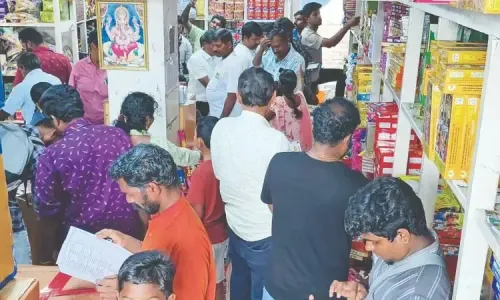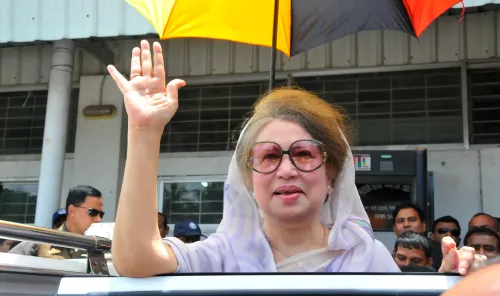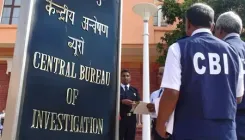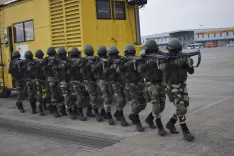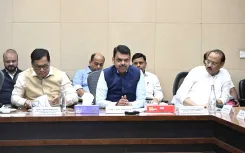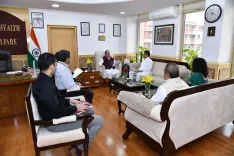Why Did SC Stay Karnataka High Court's Ruling on Congress MLA's Election?
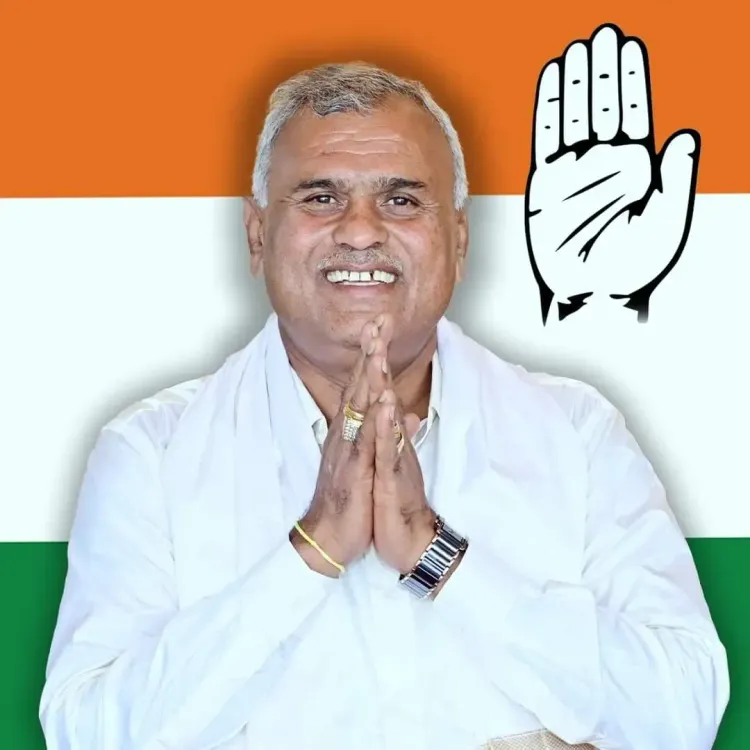
Synopsis
Key Takeaways
- Supreme Court intervened to stay the Karnataka HC's ruling.
- K.Y. Nanjegowda remains MLA until recount results.
- Election Commission directed to recount votes.
- BJP candidate claimed election irregularities.
- Legal processes crucial in electoral disputes.
New Delhi, Oct 14 (NationPress) The Supreme Court has temporarily halted the Karnataka High Court's ruling that invalidated the election of Congress MLA K.Y. Nanjegowda from the Malur Assembly constituency during the 2023 elections. A Bench comprising Justices Surya Kant and Joymala Bagchi refrained from interfering with the directive to the Election Commission of India (ECI) regarding the recounting of votes, instructing the commission to maintain the revised results in a sealed envelope.
“Issue notice. In the meantime, the enforcement of the contested order of the Karnataka High Court, specifically concerning the annulment of the appellant's (Nanjegowda's) election, shall be stayed. Accordingly, the appellant will continue to serve as the elected Member of the Legislative Assembly,” directed the Justice Kant-led Bench.
Nonetheless, the ECI is instructed to adhere to the recounting orders and present the results in a sealed cover, ensuring that these results are not revealed without the Supreme Court's permission.
On September 16, the Karnataka High Court had overturned Nanjegowda’s election but allowed him a 30-day period to appeal to the Supreme Court. If the apex court does not grant relief, the Congress legislator will forfeit his seat, as clarified by a bench presided over by Justice R. Devdas during the ruling on a petition filed by the defeated BJP candidate, K.S. Manjunath Gowda.
Manjunath Gowda approached the Karnataka High Court, requesting a recount of the votes cast in the Assembly elections, as the difference between him and Nanjegowda was a mere 248 votes.
The BJP candidate asserted that counting officials had contacted him, claiming he had won the election, only for it to be later announced that the Congress candidate had triumphed by a margin of 248 votes. Consequently, he sought the Karnataka High Court’s intervention for a recount.
The election petition was submitted under Section 81 of the Representation of the People’s Act, 1951, and Rule 4 of the Karnataka Election Petition Rules.
Manjunath Gowda has urged the Karnataka High Court to summon records, documents, videos, computers, including the one where the rejection order was prepared, and all relevant materials concerning the election, including Electronic Voting Machines (EVMs) and postal ballots, along with videography and computations related to the elections, and to preserve them securely.
The petition also requested the annulment of Nanjegowda’s election based on grounds outlined in Section 100 (1) (d), (i), (ii), (iii), and (iv), and to declare him as the winning candidate from the Malur constituency.

